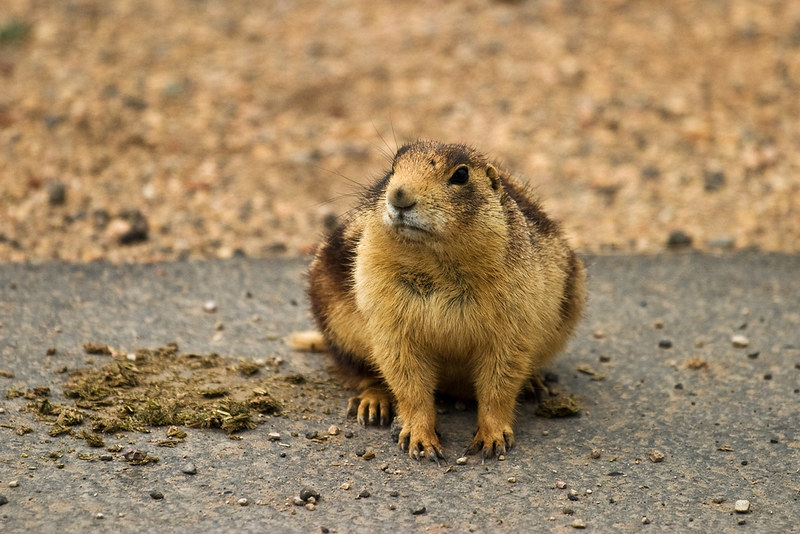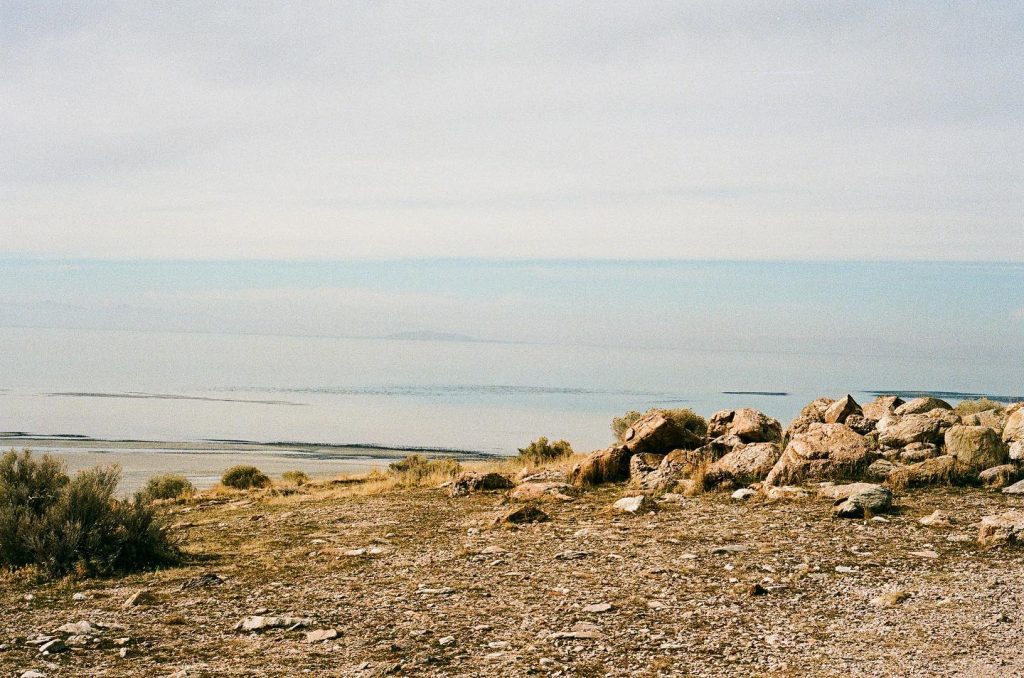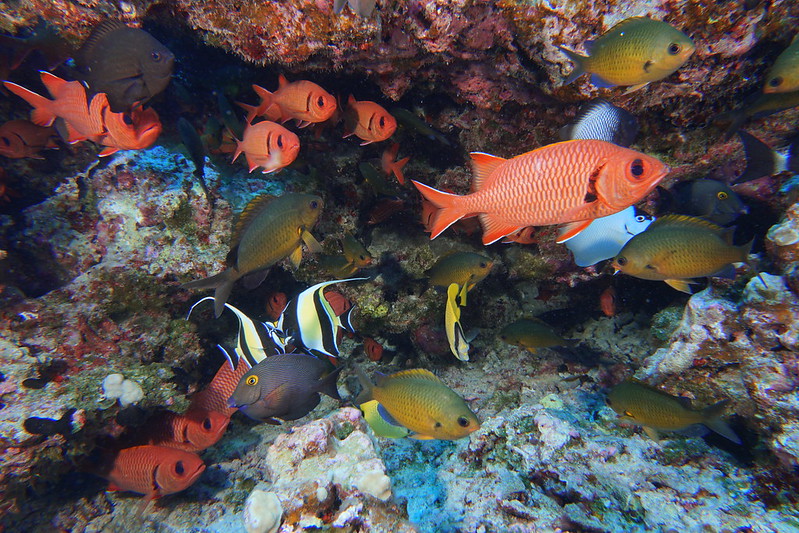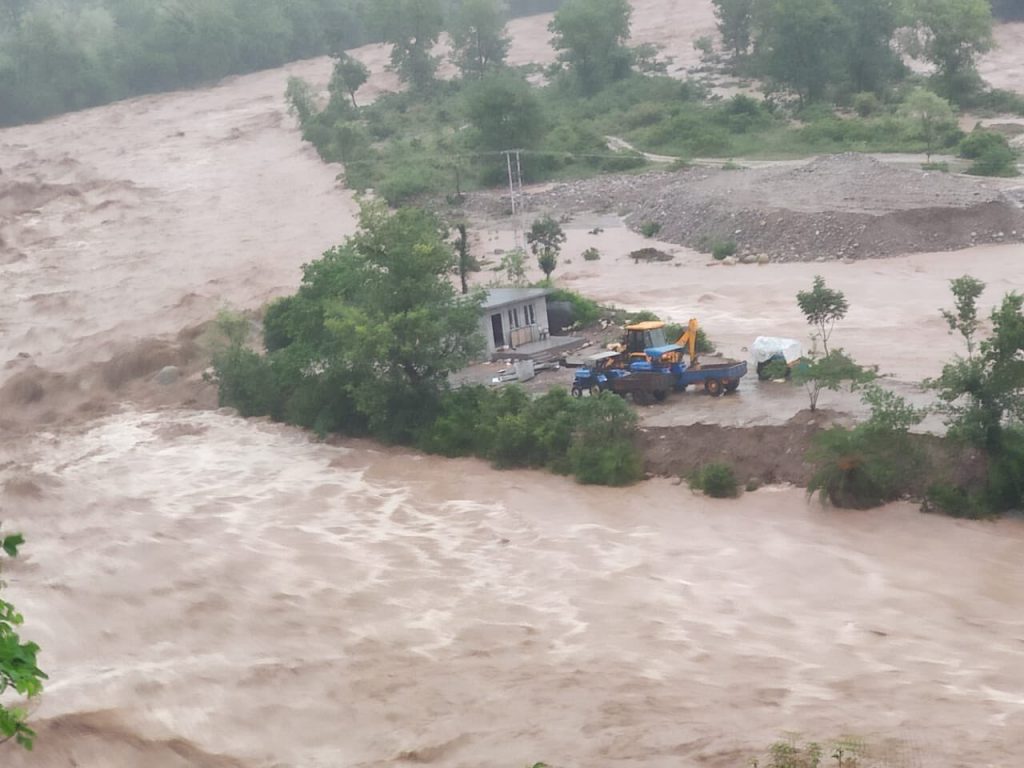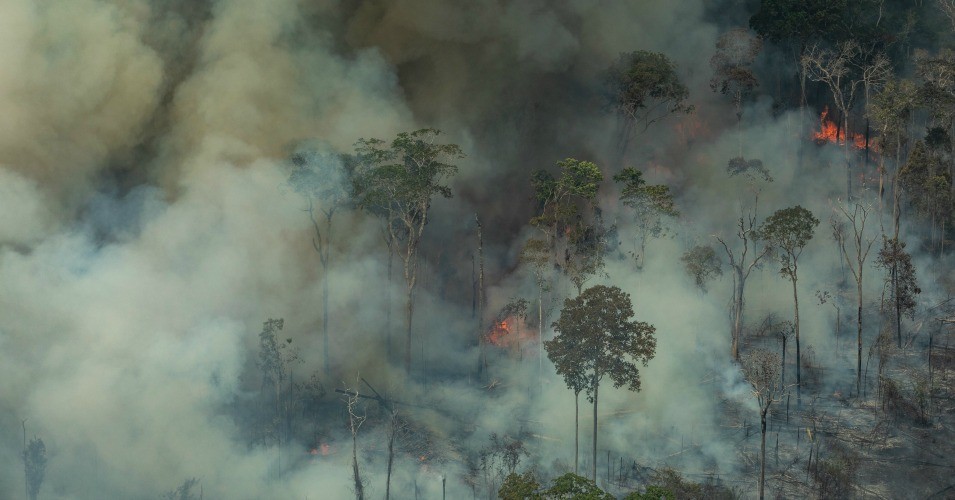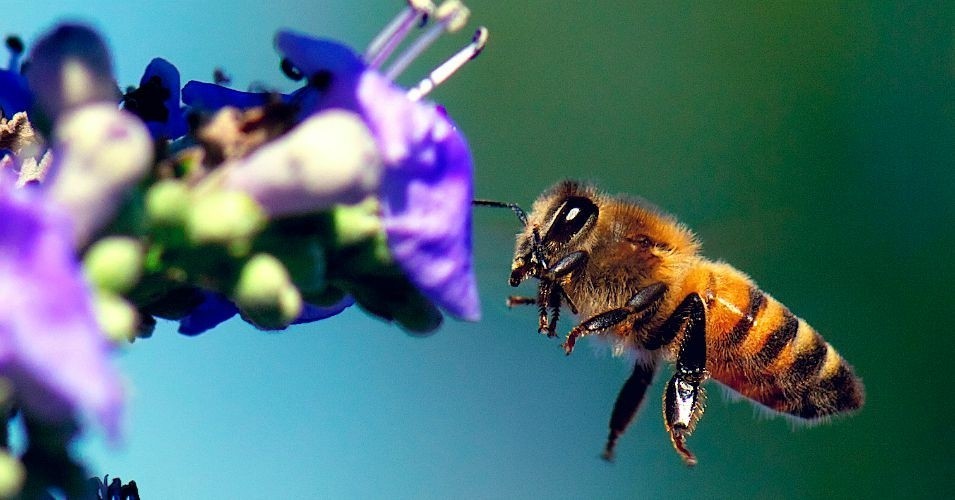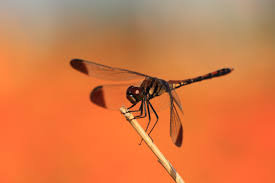“Ensuring freshwater ecosystems are well managed, remain free-flowing with sufficient water, and good water quality is essential to stop species declines… in a climate-resilient world,” one scientist said.
By Olivia Rosane. Published 12=11-2023 by Common Dreams
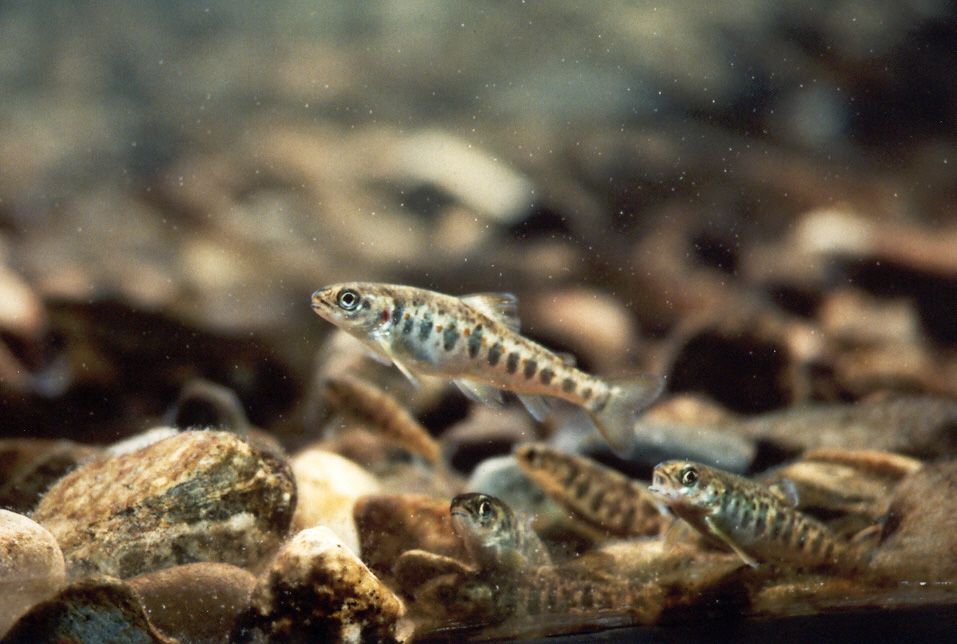
More than 20% of the world’s freshwater fish species are in danger of extinction, according to the first-ever assessment of the category by the International Union for Conservation of Nature.
The assessment was released Monday as part of an update to the IUCN Red List of Threatened Species published to coincide with the United Nations Climate Change Conference (COP28). It found that 3,086 out of 14,898 listed freshwater fish species are at risk of disappearing, and at least 17% of threatened fish species are impacted by the climate crisis.
Continue reading


